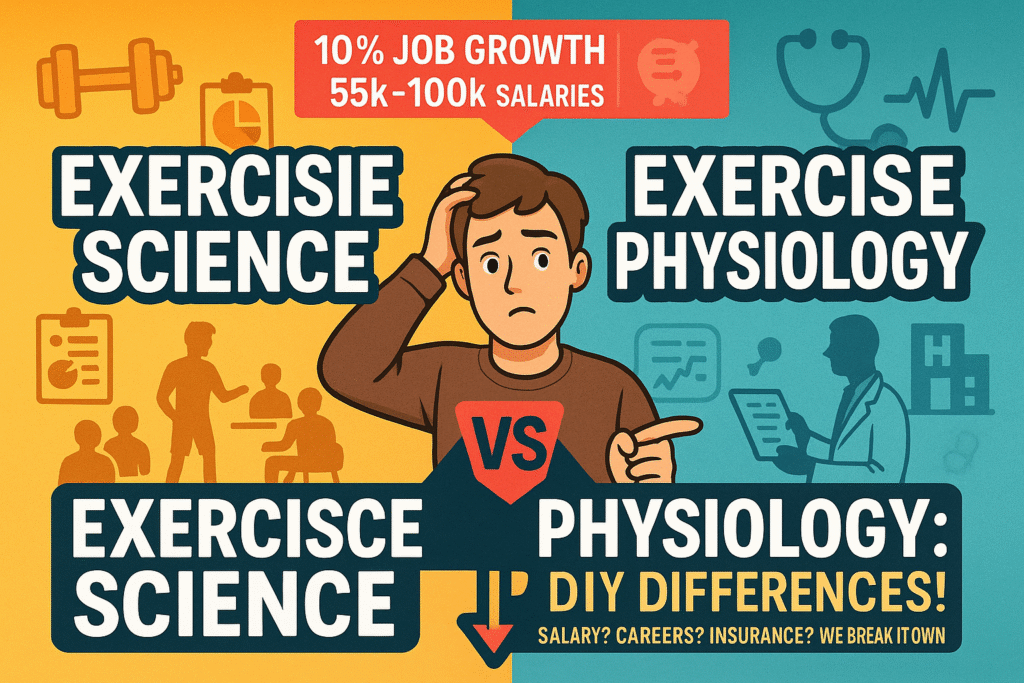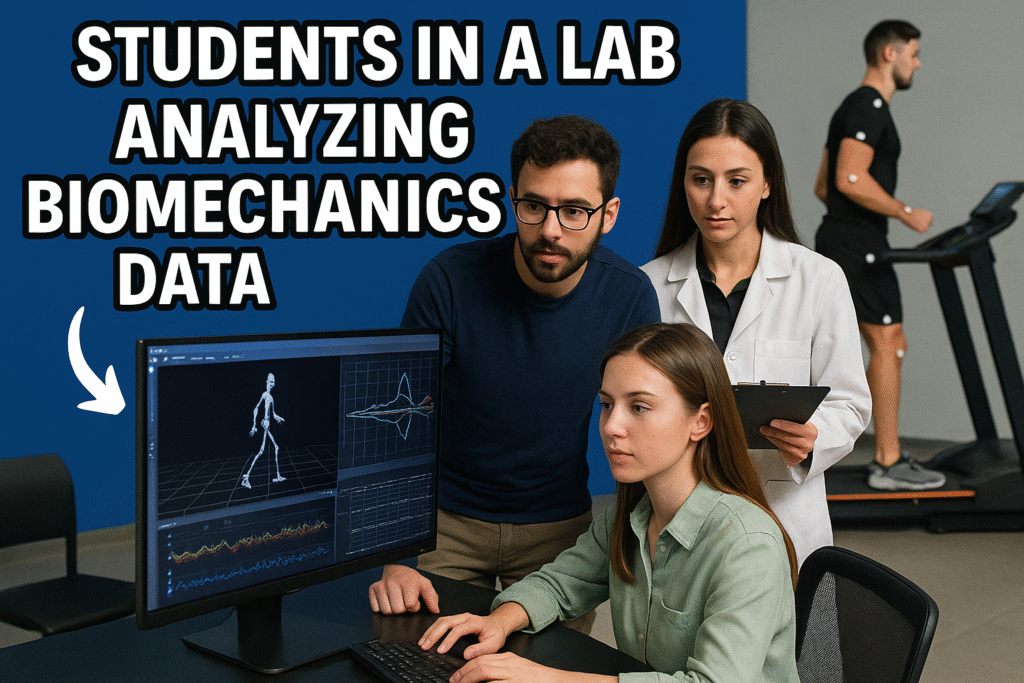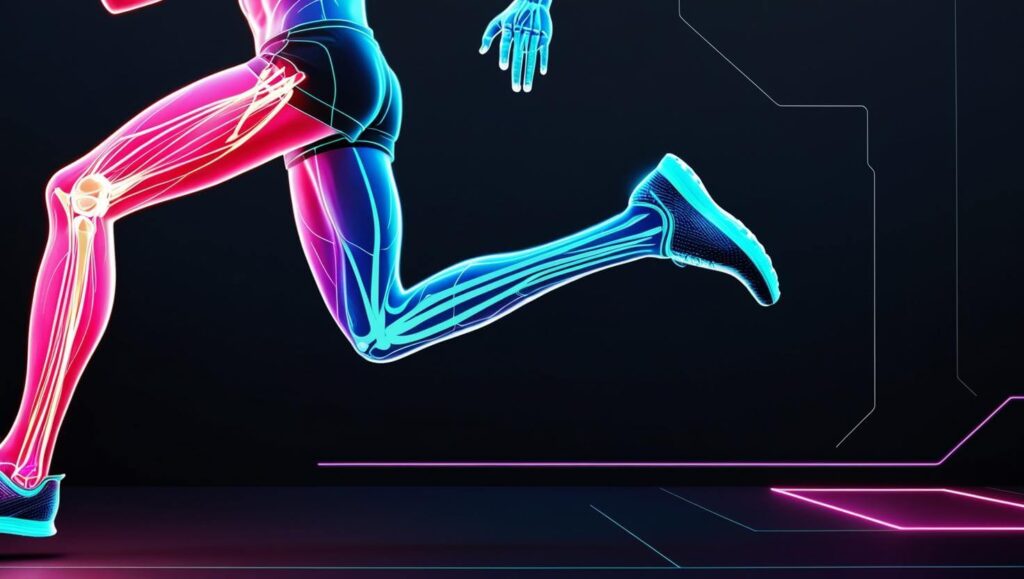
Core Courses for Exercise Science Degrees
If you’re passionate about fitness or human health, an exercise science degree unlocks careers in personal training, physical therapy, and sports coaching. Below, we break down the courses required for exercise science and how to tailor your degree to your goals.
1. Human Anatomy & Physiology
This course teaches the structure of muscles, bones, and organ systems. For example, you’ll learn how the heart pumps blood during exercise. Why it matters: Understanding anatomy helps design safe workouts or rehab plans.
2. Exercise Physiology
Explore how the body adapts to physical activity, including energy systems and muscle recovery. Key takeaway: Use this knowledge to create programs for weight loss or endurance.

3. Biomechanics
Study how forces impact movement, like running form or lifting techniques. Pro tip: This course is vital for preventing injuries in athletes.
4. Nutrition for Performance
Learn how macros, hydration, and supplements fuel exercise. For instance, you’ll analyze diets for marathon runners vs. weightlifters.
5. Sports Psychology
Focus on mental strategies for motivation and overcoming performance anxiety. Why it matters: Help clients build consistency and resilience.
6. Injury Prevention & Rehabilitation
Master techniques to reduce injury risks and restore mobility. This course is essential for careers in physical therapy.

Electives & Specializations
Most programs let you customize your degree. Popular choices include:
- Strength & Conditioning (train athletes)
- Clinical Exercise Physiology (work with chronic illnesses)
- Corporate Wellness (design workplace health programs)
Hands-On Requirements
- Labs: Test VO2 max, heart rate, and body composition.
- Internships: Gain experience at gyms, hospitals, or sports teams.
- Capstone Projects: Research topics like “Yoga’s Impact on Stress.”
Careers After Exercise Science Courses
- Personal Trainer ($45K/year): Design fitness plans.
- Exercise Physiologist ($54K/year): Aid cardiac rehab (BLS projects 10% job growth by 2032).
- Strength Coach: Train athletes (NFL, NBA, etc.).
Tips to Succeed
- Pair with Certifications: Boost employability with NASM-CPT or CSCS.
- Network Early: Join groups like ACSM.
- Gain Experience: Volunteer at local clinics or gyms.
Online vs. In-Person Programs
| Online | In-Person |
|---|---|
| Flexible schedule | Hands-on labs |
| Limited labs | Networking opportunities |
Ready to Start? Explore accredited programs and begin your journey!
Explore More:

